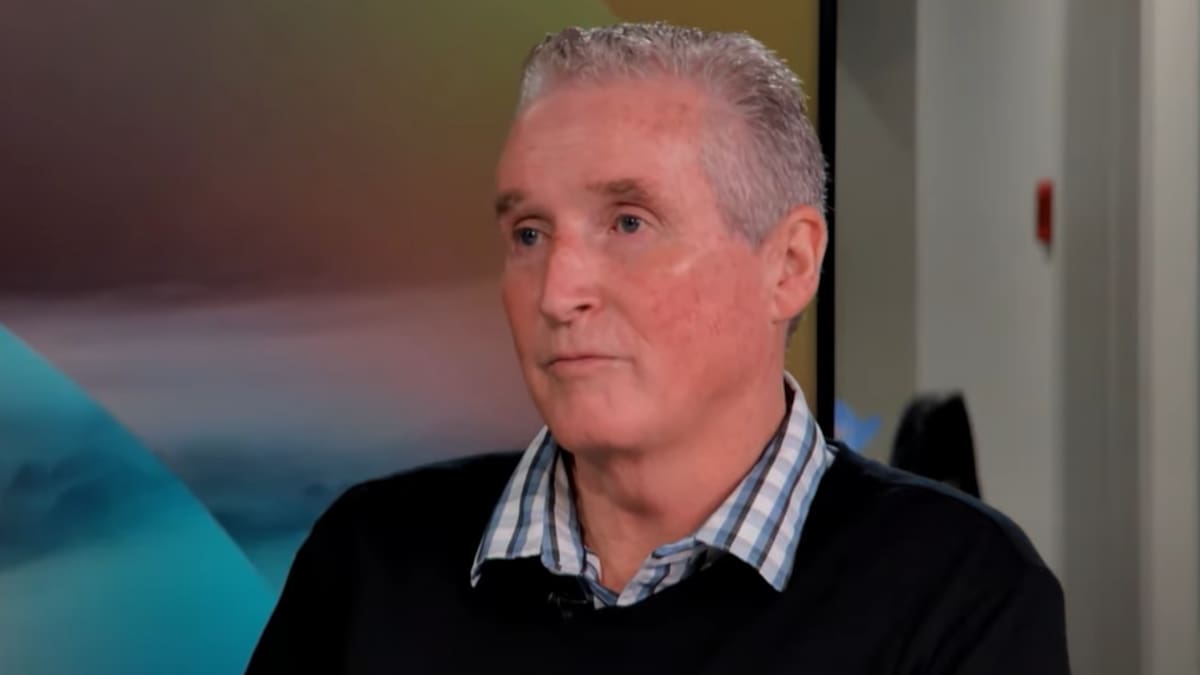“Some of the people that I talk to are already deciding whether they walk away because of their age, whether they reimage themselves, whether they go to the bank and try to get some more funds.”
Most business owners are already pouring their own funds into their industry to stay afloat, alongside borrowing significant amounts of money from the bank, Barrett said.
Steel Worx Group director Chris Barrett. Photo / Herald NOW
“From a bank’s point of view, they don’t want to put any more investment into an industry that’s literally at the bottom.”
Barrett said he can understand how people end up pushed to the brink, juggling debt while trying to retain staff, and work through day-to-day issues.
He said since Covid, Steel Worx has invested more than $30 million and has just built a $15m factory.
“As soon as it was done, we just watched the economy just flatline.
“We went from 45 staff down to 28. Luckily, in the last few weeks, we’ve picked up a lot of work. I think I’ve hired eight or nine people in the last two weeks.
“We’ll get through, we’re lucky, a lot of people won’t.”
Barrett said he has been “irked” by the current Government sending the IRD after businesses owing money after voting for change.
Expectations were for a 0.4% decline in GDP, while Reserve Bank forecasts were for a 0.3% drop. The result was double the Reserve Bank’s forecast.
“We’re like observers. Watching the demise of the country, and it’s been a very hard thing to have to swallow.
Finance Minister Nicola Willis is facing criticism following the GDP result. Photo / Mark Mitchell
Yesterday, Griffin’s proposed closing its Proper Crisps Nelson factory, putting 82 jobs at risk.
Earlier this month, another large Nelson employer, Eves Valley Sawmill, confirmed its closure would cost 142 jobs.
Finance Minister Nicola Willis acknowledged that businesses were struggling in a conversation with Ryan Bridge on Herald NOW.
“It has been a really gruelling time for many businesses and many New Zealanders.
“This has been a very hard-fought economic recovery after a very difficult few years of sky-high inflation and soaring interest rates.”
Willis said she understood where Barrett was coming from.
“In terms of IRD, there had been significant outstanding tax debt built up during the Covid years, and it would be the wrong thing for the Government to say, ‘well we’re just going to write all of that off’.”
New Zealand Council of Trade Unions economist and Labour Party Policy Council member Craig Renney said the GDP data show that tax cuts and public service cuts aren’t delivering economic relief.
“GDP fell in 10 out of 16 industry sectors. Manufacturing fell 3.5% in just three months, and mining was down 4.1%. Retail trade fell, and financial services fell. Business services fell. Healthcare and social assistance fell. Agriculture, forestry, and fishing fell.
“Quarterly GDP per capita fell back into the red again and is now lower than it was in 2021, even after adjusting for inflation. Business investment fell in plant, machinery, and transport equipment. Residential construction fell 1.9% this quarter.
“The indicators that might support growth in the future are falling.”
Jaime Lyth is a multimedia journalist for the New Zealand Herald, focusing on crime and breaking news. Lyth began working under the NZ Herald masthead in 2021 as a reporter for the Northern Advocate in Whangārei.
